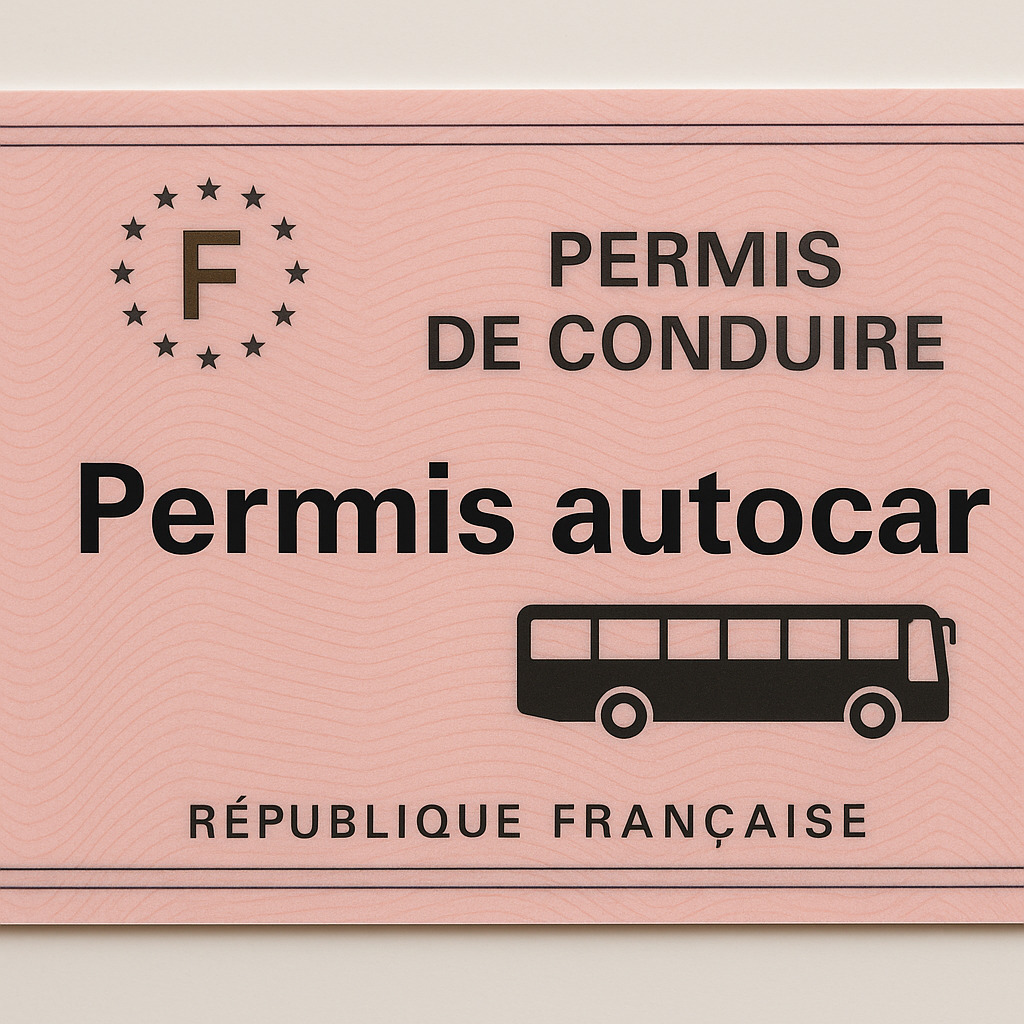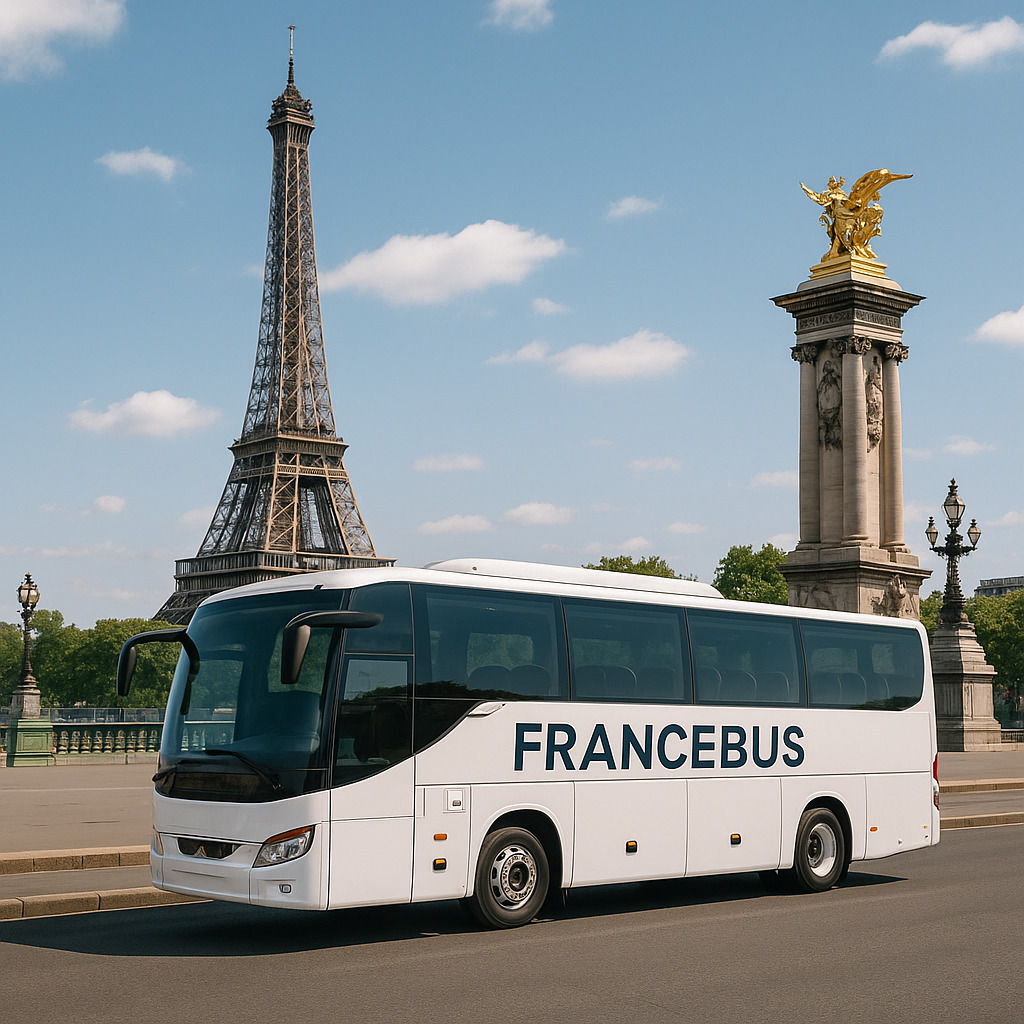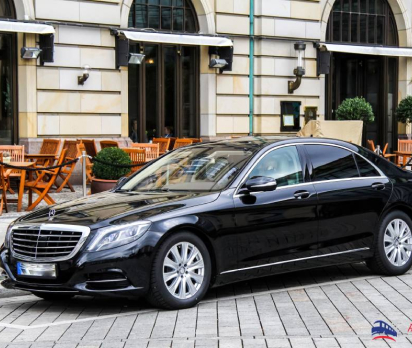Summary
ToggleAn essential element not to be overlooked!
The bus permit is essential For those who wish to drive public transport vehicles or tour buses. Whether you aspire to become a professional driver or need this license for specific reasons, here is a detailed guide to help you understand the requirements and steps to obtain your bus license.
What is the bus license ?
The bus license, often referred to as the D license, is a category of driving license that authorizes the driving of vehicles designed for the transport of passengers. This type of license is essential for drivers of buses, coaches, and any other public transport vehicle.
Prerequisites for the bus license
Minimum age
To obtain a bus license, you must generally be at least 21 years old. This age requirement is essential to ensure that drivers have sufficient experience and maturity to ensure the safety of passengers.
Category B driving license
Before you can take the bus test, you must first obtain a category B driving license. This basic license is necessary because it certifies your ability to drive light vehicles, which is a prerequisite for learning to handle larger and more complex vehicles such as buses.
Steps to obtain a bus license
Theoretical training
The first step to obtaining your bus license is to complete a theoretical training course. This training covers a variety of essential topics, including:
- Rules of Conduct : Understand the specificities of driving a bus, which differs significantly from driving a car.
- Road safety rules : Learn best practices to ensure the safety of passengers and other road users.
- Legal aspects : Know the regulations specific to passenger transport vehicles.
- First aid : Be able to react in the event of a medical emergency on board the vehicle.
This theoretical training is crucial for preparing for the theoretical bus license exam.
Practical training
Once the theoretical training is completed, you will have to undergo practical training. This part of the training includes:
- Bus driving hours : You will drive a bus under the supervision of a qualified instructor. This will allow you to familiarize yourself with the size and handling of this type of vehicle.
- Driving exercises on the circuit : These exercises are designed to help you master specific maneuvers, such as parking and tight turns, in a controlled environment.
Theoretical exam
The bus license theory test is a key step in the process. It typically includes a series of multiple-choice questions covering the topics covered during the theory training. To pass this test, it is essential to thoroughly review and understand the fundamental concepts of bus driving.
Practical exam
The practical test assesses your ability to drive a bus safely. During this test, you will be assessed on:
- Your ability to maneuver the bus : This includes parking, turning, and driving straight.
- Compliance with the rules of conduct : You will need to demonstrate that you know and respect the rules of the road.
- Your response to emergency situations : The examiner will assess your ability to react appropriately in the event of an unforeseen situation.
Conclusion
Obtaining a bus license is a process that requires time, preparation, and practice. By following the steps outlined in this guide and preparing thoroughly, you will increase your chances of succeeding and becoming a qualified bus driver. Keep in mind that each country may have specific requirements, so it's advisable to check local regulations to ensure you meet all the necessary requirements.












